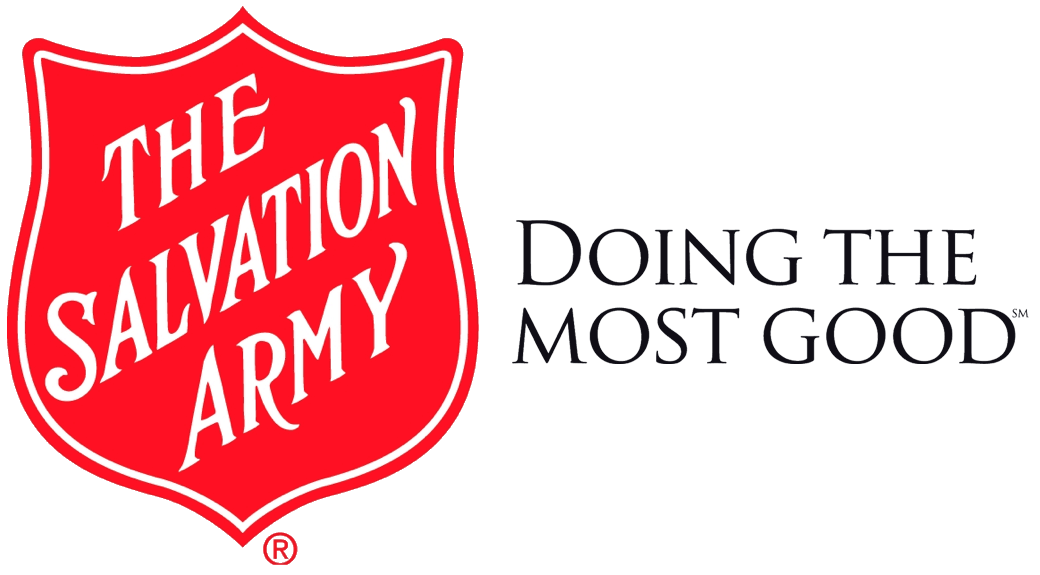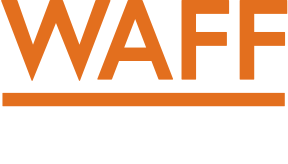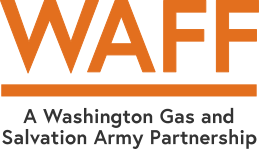Once eligibility for WAFF assistance is established, The Salvation Army will issue a check for the appropriate amount and mail it directly to your utility company or supplier.
How do I qualify for WAFF help?
There are 4 main criteria to determine WAFF assistance eligibility:
- Residency – an applicant must apply in the county or city Salvation Army office where they live including:
-
Washington, D.C.
-
Maryland counties of Calvert, Charles, Frederick, Montgomery, Prince George’s, and St. Mary’s
-
Virginia counties of Arlington, Clarke, Fairfax, Frederick, Loudoun, or Prince William, Shenandoah and Warren or the cities of Alexandria, Fairfax, Falls Church and Winchester.
-
- Emergency Situation – the home’s heating source has been disconnected or applicant has received a utility termination notice/notice of disconnection.
- Income – household income is the primary test of eligibility.
- Government Assistance – an applicant must have exhausted all recourse to existing government energy assistance programs and still be in an emergency situation.
Can I apply for WAFF help online?
Unfortunately, at this time, online applications are not accepted.
Is WAFF help only available to Washington Gas Customers?
No – The WAFF program will assist households using all fuel types including, but not limited to, natural gas, propane gas, electricity, oil, coal, wood, kerosene, etc.
What paperwork do I need to provide when I apply for WAFF energy assistance?
- Photo identification
- Utility Bill – copy of most recent utility bill
- Proof of Income – income verification documents (e.g., recent pay stubs, Social Security, other retirement payments, disability payments, TANF benefits). Income documentation is needed for each employed individual in the household.
- Proof of Household Size – household size documentation (e.g., lease listing household members, school records, Department of Human Services, Food Stamp document listing household members, birth certificates for minor children, etc.)
Is there a limit on how many times I can get WAFF assistance?
Each year, clients will be eligible for WAFF assistance one time during the WAFF program year (January through May.)
Does WAFF ever run out of funds? Do I need to apply before a certain time to make sure my application gets seen?
WAFF funds are available between January 1 and May 31 each year or until the funding runs out.
My furnace is broken. Can I apply for funding from the Washington Area Fuel Fund?
The program does not assist with the repair or replacement of heating equipment. WAFF only pays for all types of fuel to heat the homes of people in financial need.
Can I apply for WAFF assistance before applying for other energy assistance programs?
An applicant must have exhausted all recourse to existing government energy assistance programs and still be in an emergency situation after receiving assistance from such programs.
Will I receive a check directly for WAFF assistance?



